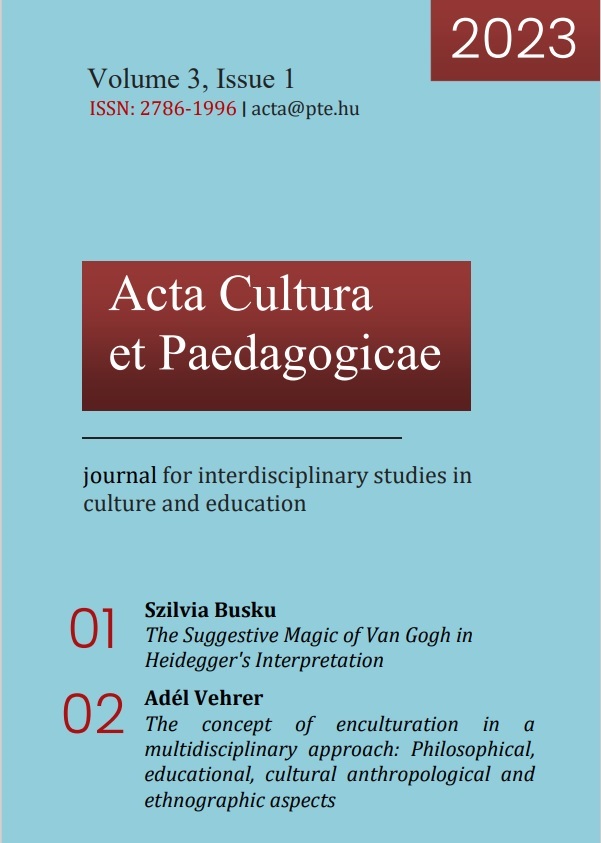Student-centered school, competency development and playful, experiential mathematics learning in Hungary
DOI:
https://doi.org/10.15170/ACEP.2023.01.05Kulcsszavak:
person-centered approach; psychocybernetics; playful learningAbsztrakt
As colleagues of the Faculty of Culture, Education and Regional Development at the University of Pécs (Hungary), we have been striving for decades to ensure that teachers contribute as successfully as possible to the development of the most important
competencies of their students. In our thesis we highlighted three topics (each related to a renowned psychologist) we found important in our teacher training practice. Based on the work of Carl Rogers, the person-centered approach has influenced the mindset of helping professionals worldwide over the past sixty years. In the 80's we started spreading it from the Juhász Gyula Teacher Training College in Szeged, and than from the University of Pécs. John Raven's psychocybernetic approach points out that education is a complex system in which positive changes in one factor can be detrimental to overall performance due to complex interactions. When the University of Pécs awarded John Raven an honorary doctorate, it also wanted to show that we
want to build more on his work in teacher education. Zoltán Pál Dienes is considered the most exciting figure in playful, experiential, exploratory mathematics learning/teaching worldwide. In the last years of his life, he also became an honorary
doctor of the University of Pécs and we undertook to bring his mathematical games (learning aids) to Hungarian schools. We hope that the "Dienes method" will make everyone like this anxiety-inducing subject, which is still foreign to many students
today. The trends presented in this paper can help make our educational practice more child-centered and effective if we continue to make serious efforts.

